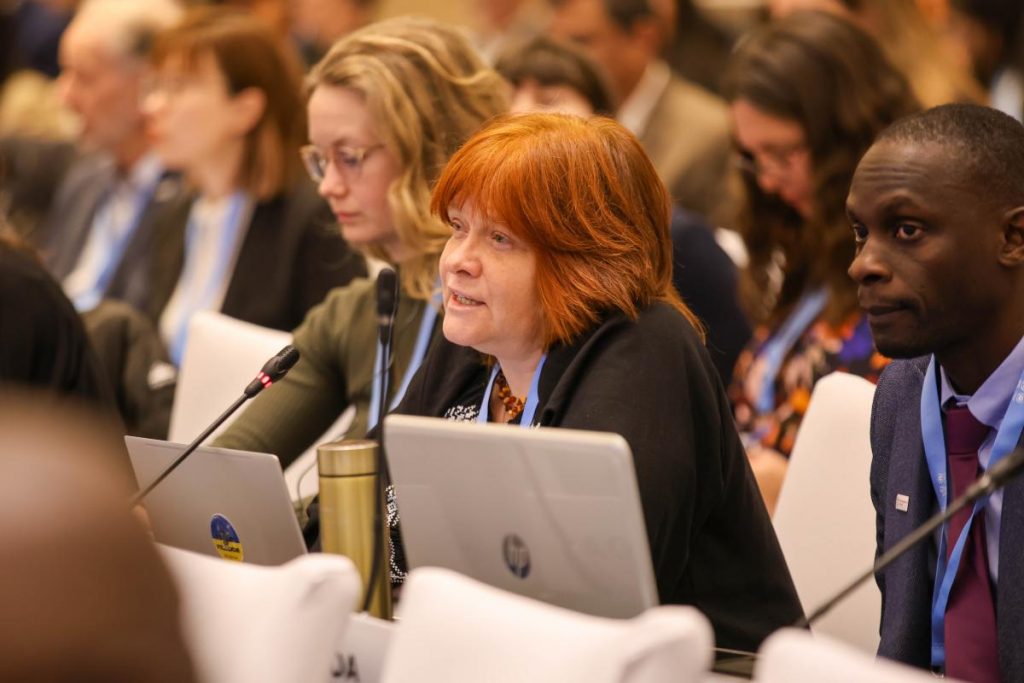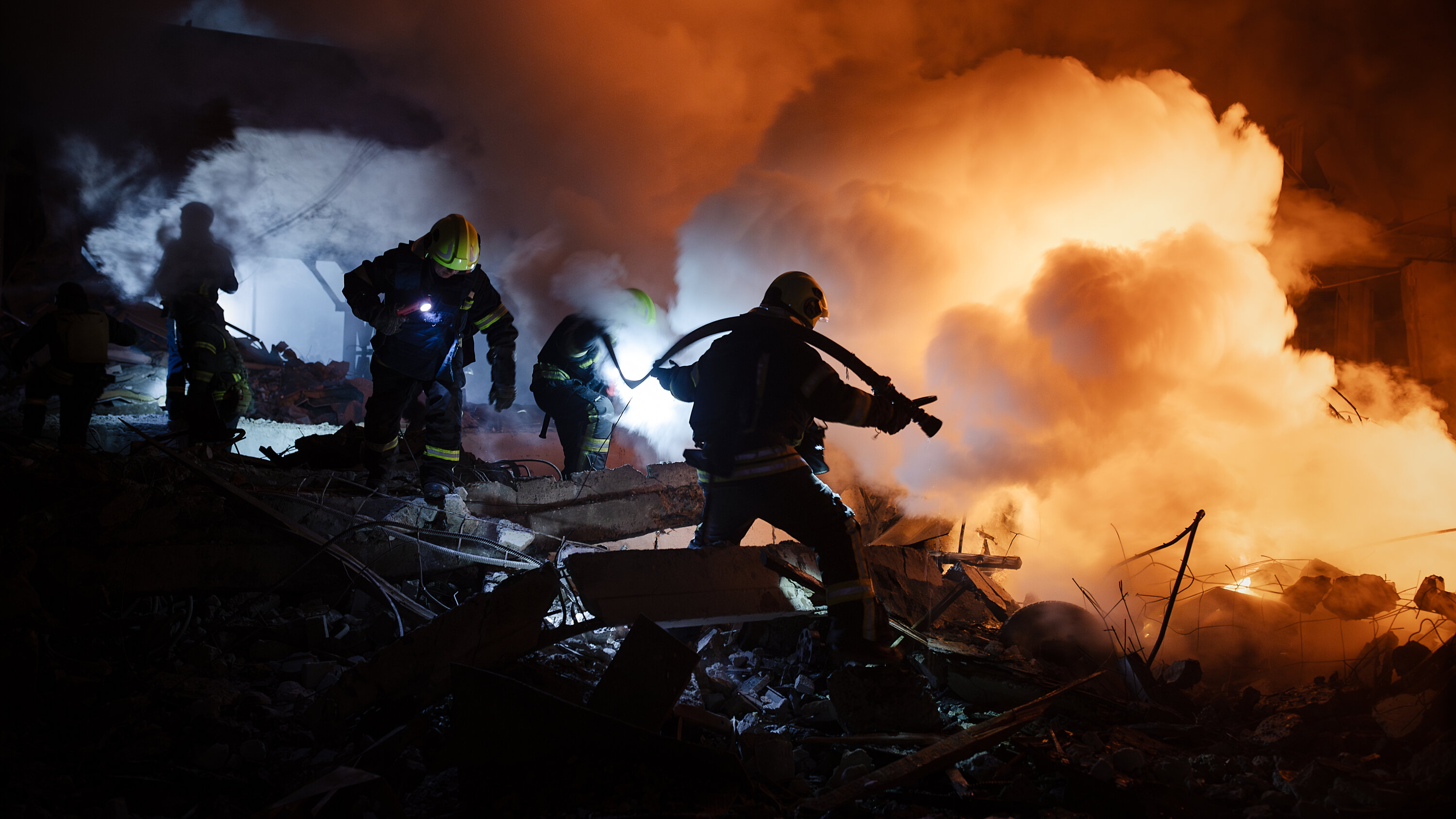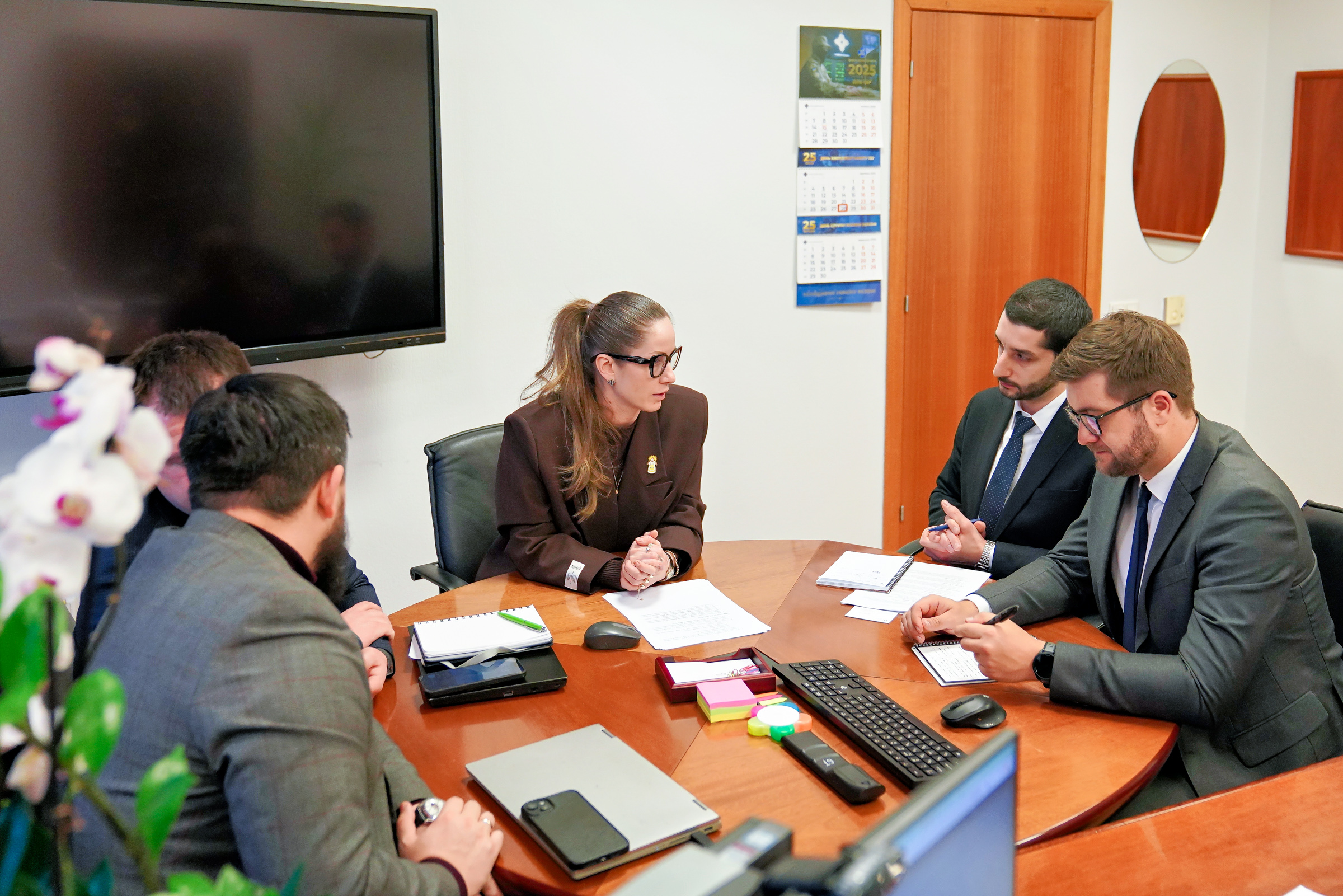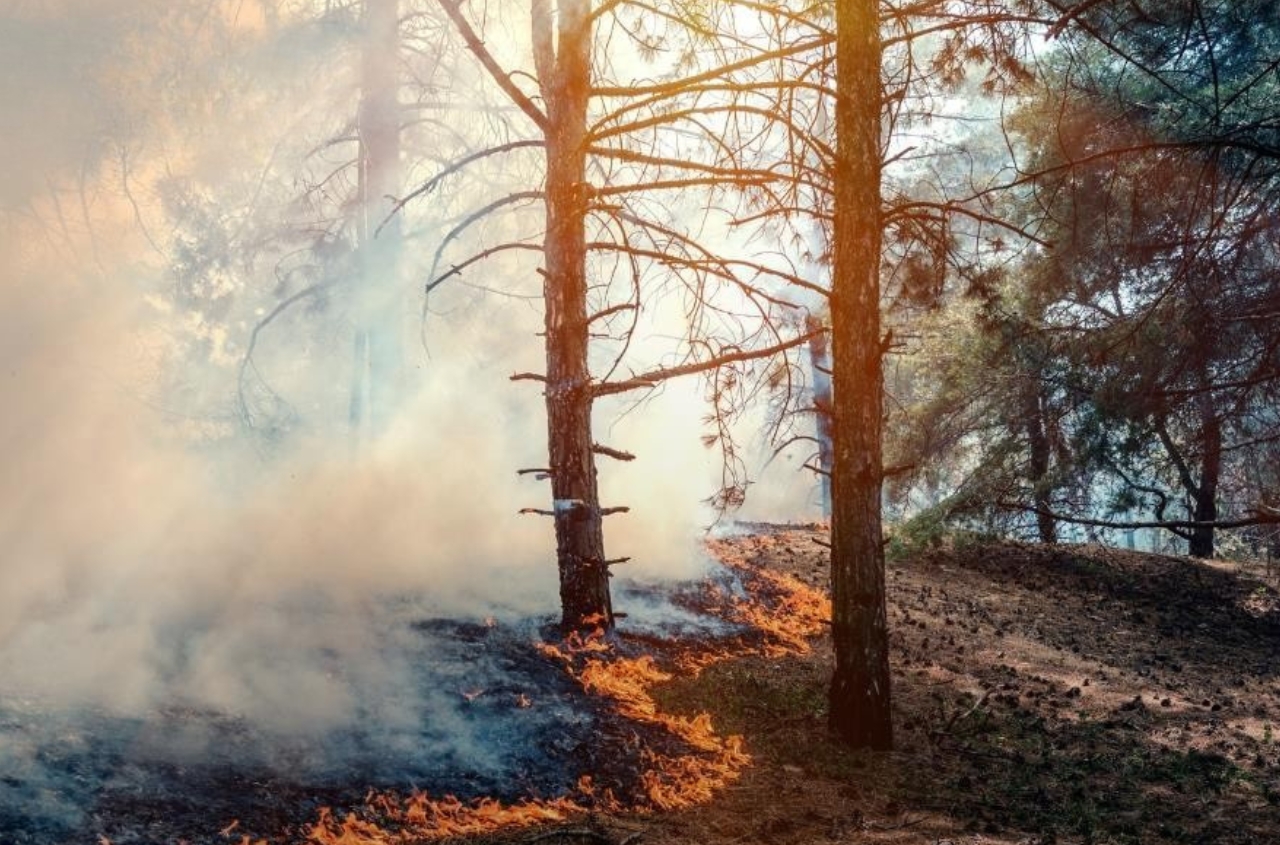The 62nd session of the Intergovernmental Panel on Climate Change (IPCC) began its work in the Chinese city of Hangzhou amid alarming news about the climate impact of the war in Ukraine. According to a new study, the climate cost of the Russian invasion has reached 230 million tons of CO₂.
Scientists are voicing grim predictions. The Deputy Secretary-General of the World Meteorological Organization, Ko Barrett, reminded that 2024 has become the hottest year on record, with global temperatures reaching approximately 1.55°C above pre-industrial levels.
And the impact of the war waged by Russia in Ukraine on the climate is very significant. At the opening of the IPCC session, the head of the Applied Climatology Laboratory of the Ukrainian Hydrometeorological Institute and Ukraine's representative to the IPCC, Svitlana Krakovska, presented the results of an assessment by scientists of the greenhouse gas emissions caused by the war in Ukraine. According to this analysis, emissions related to the war have increased by 30% in 2024 and reached 230 million tons of CO₂-equivalent since the start of the full-scale invasion on February 24, 2022.
The study, conducted by the non-profit Initiative for Emissions Accounting from Russia's War, estimates Russia's responsibility for these emissions at over 42 billion USD. Experts applied the "social cost of carbon" at 185 USD per ton of CO₂-equivalent.
“Today I represent Ukraine, as I have been doing for over ten years,” says Svitlana Krakovska. “It so happened that on this tragic day for Ukraine and the whole world, I am once again at the IPCC session. Three years ago, I was the head of the delegation and spoke on behalf of Ukraine, stating that we would not give up, and that the reason for climate change and Russia's ability to accumulate resources for war lies in humanity's unhealthy dependence on fossil fuels.”

Svitlana Krakovska emphasized that it was three years ago that she first called this war a "Fossil Fuel War." She explained that it is a war for the ability to control the world through control over fossil resources. Humanity’s dependence on fossil fuels is not only the cause of the climate crisis but also the source of funding for wars and aggression.
The Ukrainian climatologist stressed that the war in Ukraine has both direct and indirect impacts on the climate worldwide. The direct impact includes significant greenhouse gas emissions caused by military activities, fires, and infrastructure destruction. The indirect impact lies in the redirection of financial flows from climate programs to armaments, which hinders progress in combating climate change and leads to additional emissions.
The current IPCC session in Hangzhou aims to agree on the content of the sections from three working groups for the Seventh Assessment Report (AR7) and the Methodological Report on Carbon Dioxide Removal Technologies, Carbon Utilization, and Storage. These documents should not only warn about climate threats but also provide specific pathways out of the climate crisis.
The world must understand that the struggle for climate security and the establishment of peace are interconnected tasks that require joint action and responsibility from the global community.






















